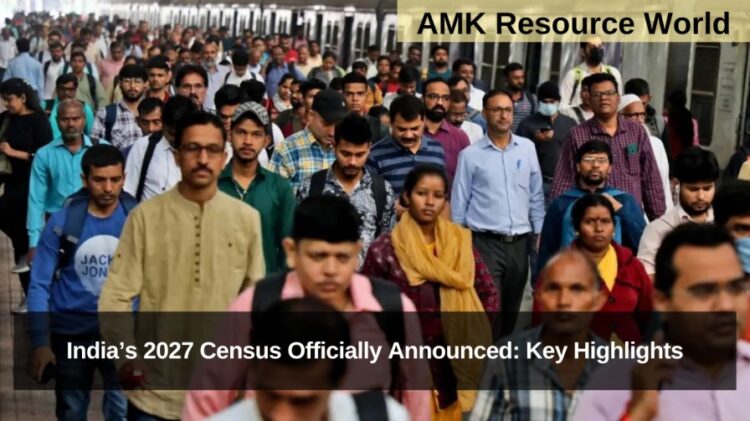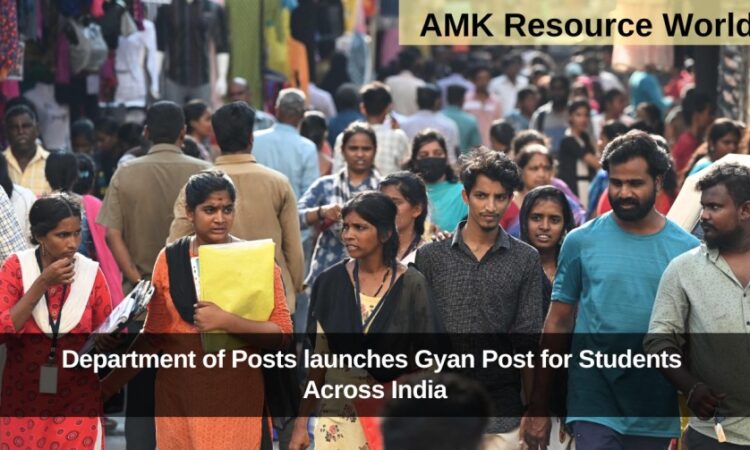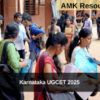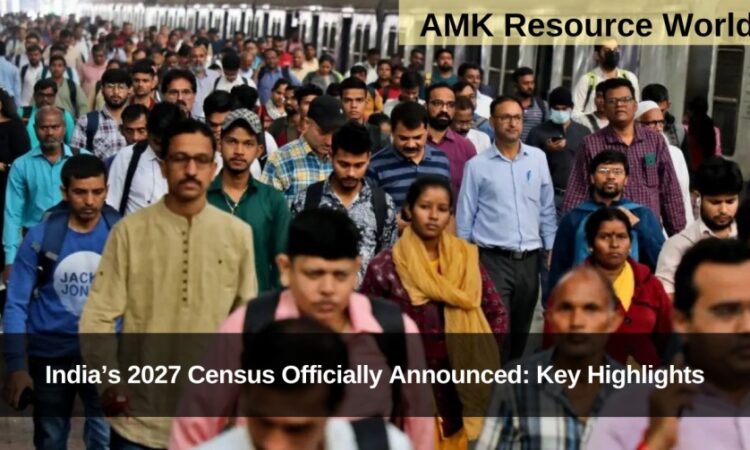The Government of India is set to undertake a historic and transformative demographic exercise with the announcement of Census 2027, the country’s 16th Census and the first-ever digital and caste-inclusive population count. As per the official declaration by the Ministry of Home Affairs (MHA), a notification issued on June 16, 2025, marking the formal commencement of preparatory activities for the upcoming enumeration.
Union Home Minister Amit Shah recently chaired a high-level review meeting with senior officials to assess the readiness for this massive two-phase operation. The scale of the Census is staggering, with over 34 lakh enumerators expected to be mobilized across the nation. The Census will collect comprehensive data on housing conditions, individual and household assets, demographic details, and caste information, enabling an inclusive socio-economic database to support informed policy decisions.
The reference date for the Census will be 1st March 2027, for most of India. However, for the snow-bound areas of Jammu & Kashmir, Himachal Pradesh, Uttarakhand, and the Union Territory of Ladakh, the reference date will be 1st Octoer 2026, to account for weather-related constraints and accessibility.
The upcoming Census will be conducted in two phases:
- Phase I – House Listing Operation (HLO)
- Phase II – Population Enumeration (PE)
In a departure from tradition, the 2027 Census will include caste enumeration, fulfilling a long-standing demand for more accurate and representative social data. This data is expected to play a critical role in constituency delimitation and resource allocation, particularly in light of the constitutional provisions set to take effect after 2026.
The last national Census was carried out in 2011, with the planned 2021 Census postponed due to the COVID-19 pandemic. In 2011, the two-phase process included house listing from April to September 2010 and population enumeration from 9 to 28 February 2011.
With India’s vast and diverse population, Census 2027 will be a monumental exercise—paving the way for data-driven governance, inclusive development, and a modern digital demographic record. As India advances toward this milestone, the Census is expected to shape public policy and national planning for decades to come, for more details CLICK HERE












































